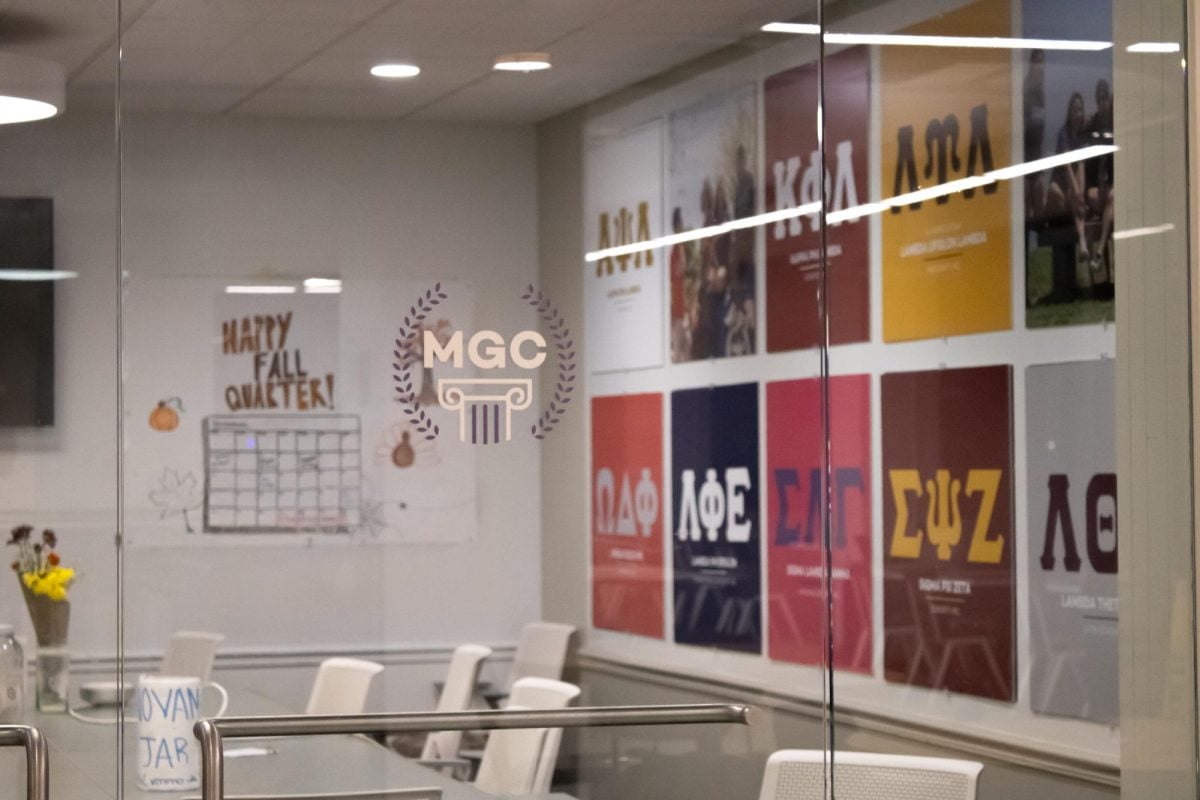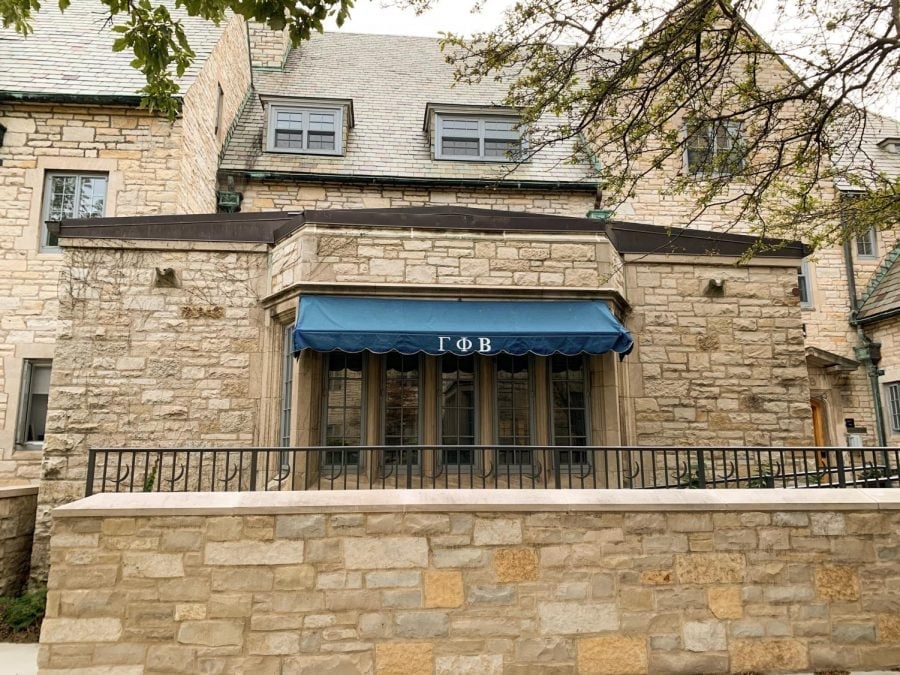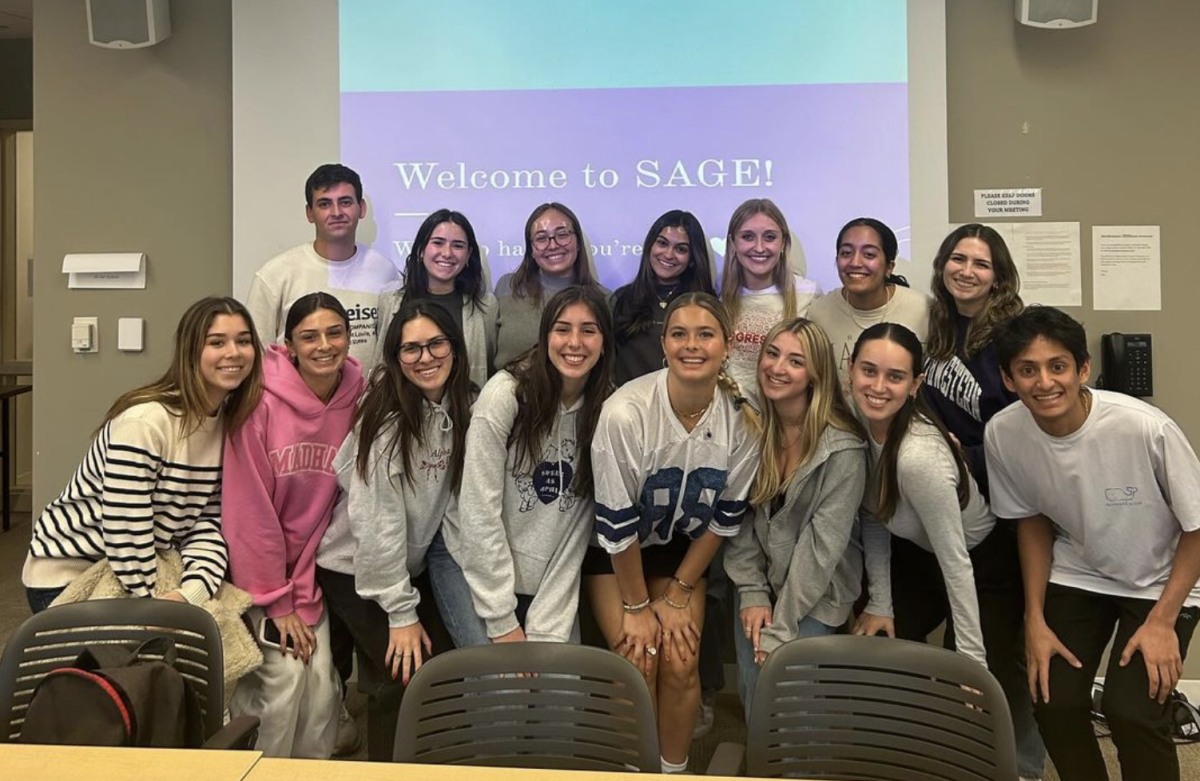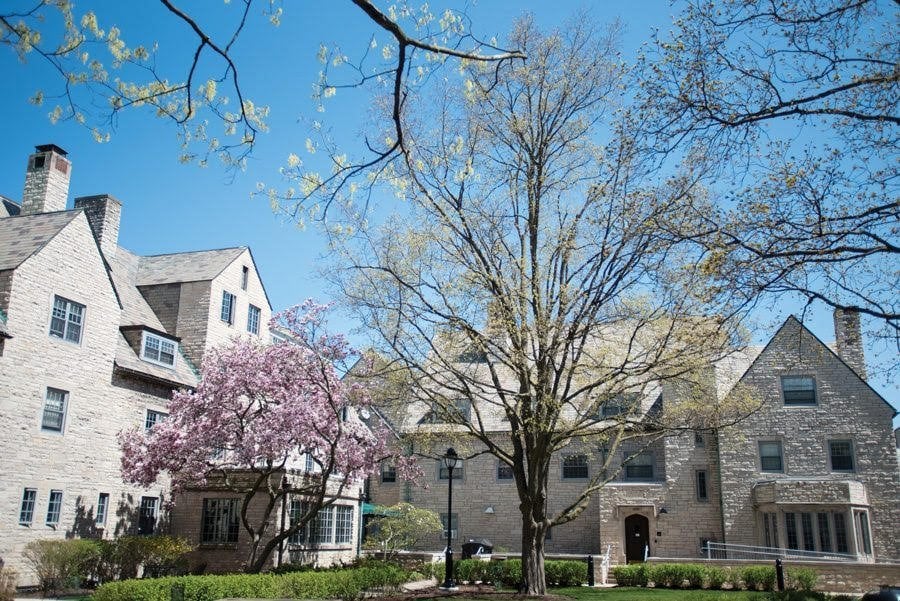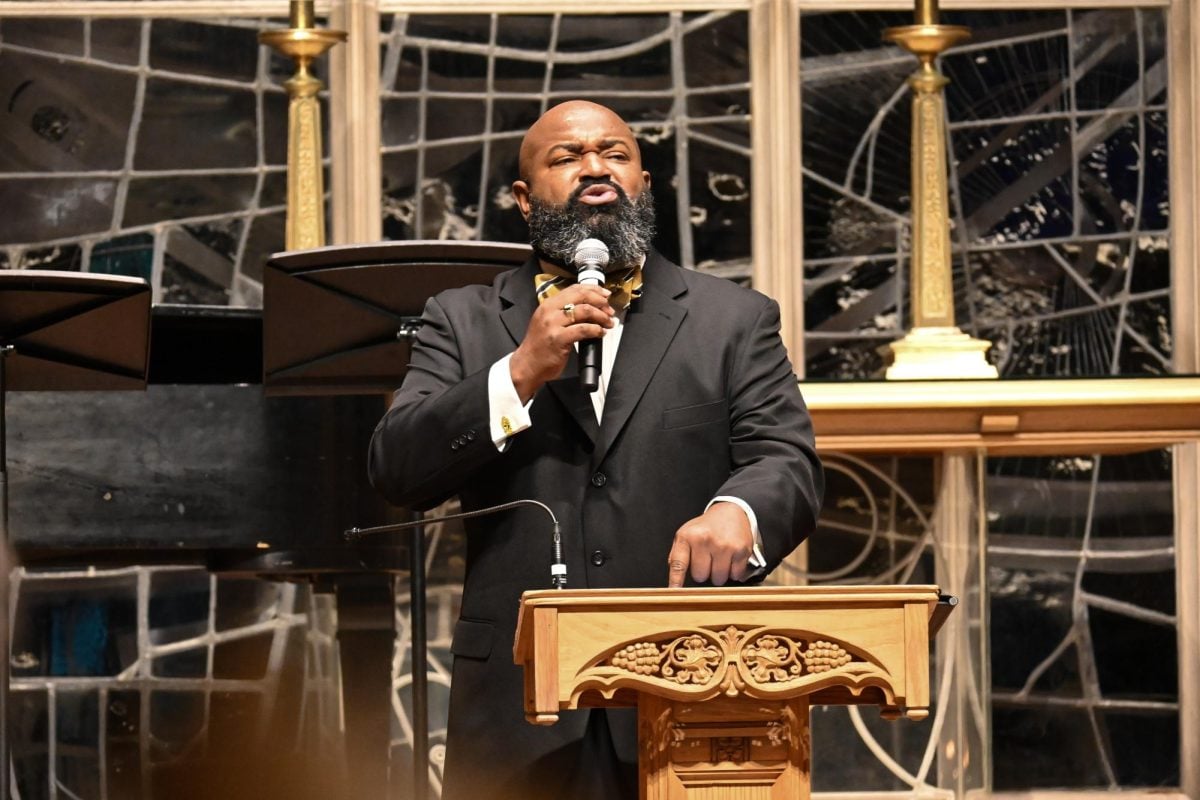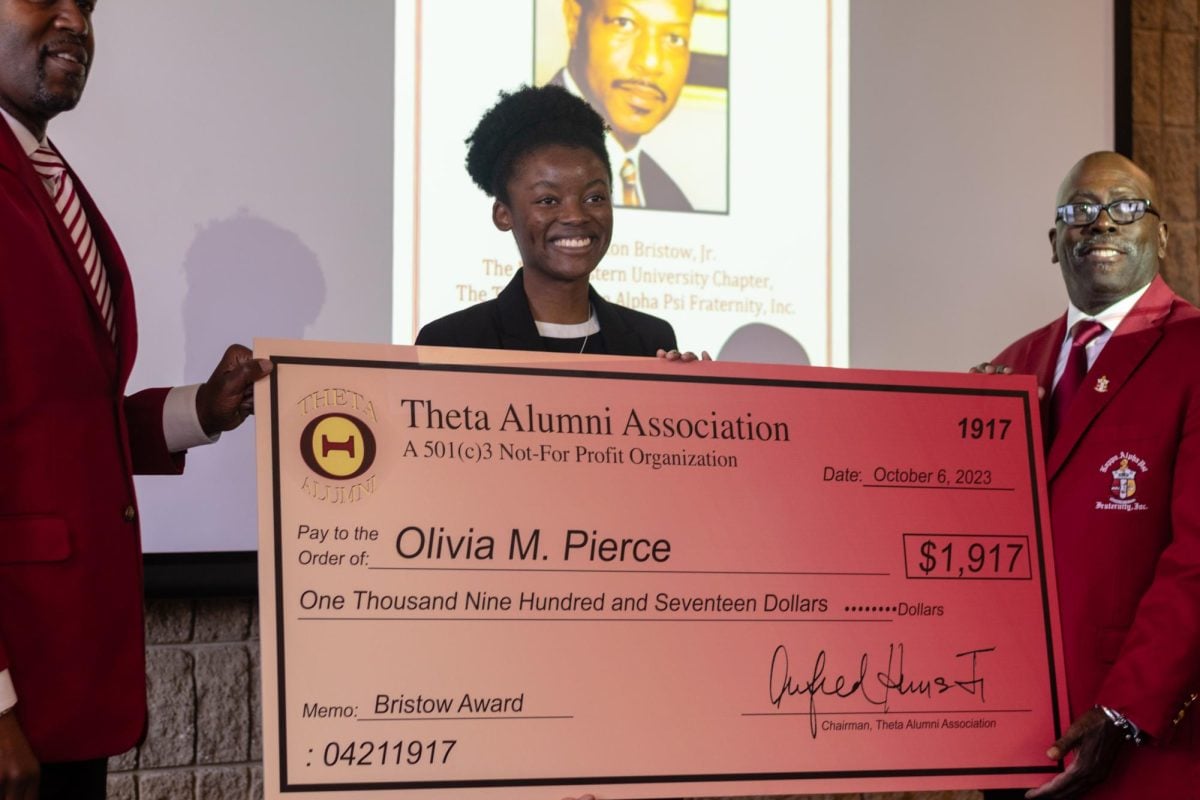Last week, hundreds of freshmen were introduced to Greek life on a large scale for the first time since beginning college. Greek organizations hosted numerous events from Top Chef: Greek Edition to a day of service around campus to foster community spirit and counter Greek life stereotypes.
Although freshmen cannot join a fraternity or sorority until Winter Quarter, preview and pre-recruitment events being Fall Quarter. Most notably, this week Northwestern’s Sigma Chi chapter announced its annual fall concert will feature hip-hop artist Shaggy on Oct. 16. Other chapters have begun advocating for their respective philanthropies on campus.
Panhellenic Association president Kirstin Nordhaus said the opportunities to join a value-based community and establish a network of friends outweigh some negative perceptions about Greek life.
Although 35 percent of students on campus – about 2,700 undergraduates – are involved in Greek life, students’ motivations for going Greek vary. Some join for social reasons, appreciating the events organized by the community, while others seek networking opportunities that will benefit them in post-college job searches.
“The realities of that at Northwestern far outweigh the stereotypes I encountered on campus or before coming to college,” said Nordhaus, a SESP senior.
NU’s Greek system consists of the Interfraternity Council, which has 17 fraternity chapters, and the Panhellenic Association, which has 12 sorority chapters. The setup also includes the Multicultural Greek Council, an organization of six culturally-based fraternities and sororities, and the National Pan-Hellenic Council, which possesses seven black fraternities and sorority chapters.
MGC President Hazim Ahmad said he sought out fraternity membership in Omega Delta Phi in order to gain service experience and benefit from a small, established brotherhood.
“I was able to be very involved in the multicultural community,” the McCormick senior said. “I found my niche. Being in a fraternity, I was able to cater my Northwestern experience.”
For Medill senior Ashleigh Joplin, Greek life was always a part of the college experience. Both of her older sisters were affiliated with the sorority Alpha Kappa Alpha, and the presence of an AKA chapter drew her to NU.
“Pretty much since I was about 10, I knew I was going to be a member of their sorority,” said Joplin, who is now president of NU’s AKA chapter and vice president of NPHC. “That was a big factor in which colleges I was going to pick. If it didn’t have AKA on campus, then I probably wouldn’t really even apply.”
Others enter the Greek scene with less certainty, debating the role of affiliation in the college experience. Weinberg senior Andrew Duble, now IFC president, was reluctant to rush his freshman year, but decided to pursue fraternity life after encouragement from his family. Since pledging Sigma Alpha Epsilon during his freshman year, he said he has enjoyed a variety of roles within the system.
“I’ve loved my experience. I think Greek life provides an opportunity in leadership. It exceeded my expectations,” Duble said. “NU has a very unique Greek system. There have been issues in the past with hazing, alcohol and misogyny, but NU does a great job being proactive in addressing these issues.”
Ahmad said these issues are often at the forefront of discussion surrounding Greek life, and that many fail to recognize the philanthropic activities involved with membership.
“They might feel it’s just a social club, and they don’t necessarily see all the benefits of it,” Ahmad said. “When I first came to college, I thought the same thing: that fraternities are just social and go to parties. That’s what the culture is in American media. (But) there’s definitely a lot more to it.”
For fraternity and sorority members, those benefits of affiliation extend beyond the college environment, offering opportunities for networking in the professional world.
“Being involved in a sorority provides great opportunities for leadership and getting more involved in campus activities as well, and I think all of that lends itself well to building your resume,” said Nicki Meneley, executive director of the National Panhellenic Conference.
The organization’s member groups often offer social networking opportunities, mentoring programs and job connections websites in order to maintain sorority bonds after college.
“If the women that are graduating take advantage of those, it’s a great way to get networked and find out about job opportunities and really utilize the sorority experience to benefit them after college,” Meneley said.
While some seniors step back from sorority and fraternity life in their final year and decrease involvement with their chapters, Ahmad said he plans to maintain a moderate level of involvement.
“I definitely feel I’m going to have a very strong affiliation to my chapter,” he said. “This is the reason I’m having such a great experience at Northwestern, but at the same time, I support the Greek community at Northwestern, not just my chapter.”
Joplin believes there are numerous benefits to staying involved in NPHC and AKA after college, including opportunities to network and continue volunteering to make the world a better place.
“You join your respective fraternity or sorority with the idea that you are going to be a member for the rest of your life and that you will continue to pay dues,” Joplin said. “You will continue to go meetings because you will be a part of a grad chapter, and you will still be active until the day you die.”
